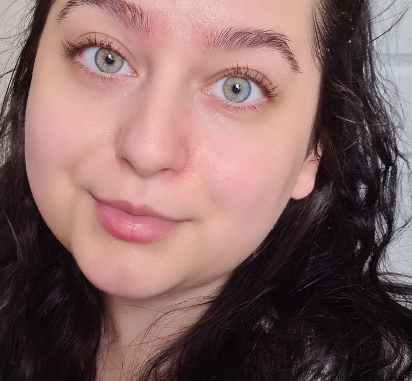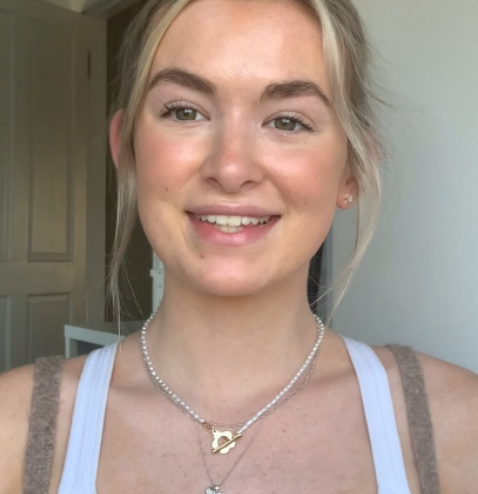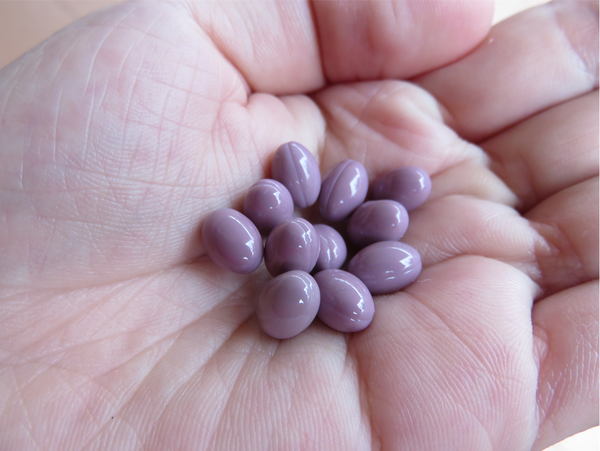
Should I go on Accutane?
Should I go on Accutane?
If you’ve been suffering with acne for a while, you might be thinking about going on Accutane (also referred to as Roaccutane).
Accutane is a very strong medication which can only be prescribed by a Dermatologist or specialist doctor.
It works by shrinking your oil glands and reducing the amount of oil your skin produces to stop spots from forming.
It can permanently cure acne for some people, but it does come with some risks and quite a lot of side effects.
What are the side effects?
When you’re on Accutane, you are normally advised to avoid alcohol, you are given regular blood tests and women must have monthly pregnancy tests, as it can cause severe birth defects.
It also makes your skin and lips very dry.
Your skin is more sensitive to sunlight and it can cause nosebleeds, dry eyes/ throat and headaches/ general aches and pains.
As you may already know, many of us who work for 47 Skin have suffered with acne and been through Accutane.
In this article, our founder Nic, our Brand Manager, Ellen and our Social Media Manager, Lucy all share their experiences with Accutane.
Ellen's experience on Accutane:
"I suffered with severe acne from around the age of 16 – I tried all the topical creams, antibiotics and several other medications. Things would work for a while and then it would always flare up again.
I managed to get it under control at university and thought I was over it. But then it came back – not quite as bad as in my teens, but enough to make me feel really self-conscious. I was so sick of it, especially when no-one else around me seemed to have problems with their skin.
I’d been offered Accutane before but decided against it because of the side effects.
But I’d just had enough, so at 23, I booked an appointment with a Dermatologist and went on Accutane.
To be honest, it wasn’t as bad as I thought it would be. It gave me very dry, sensitive skin and lips. I had to switch to a plain, thick moisturiser (something I would never have used before) and couldn’t go anywhere without my Carmex.
It did used to upset me at times when I was getting ready for a night out and trying to put make-up on, as my skin was so flaky.
I learnt to put a thick layer of moisturiser on whilst in the bath like a face mask, then gently buff away any dry skin with a wet flannel. Then I’d put more moisturiser on (probably 2 layers) when I got out the bath and let it soak in before putting on any make-up.
I would apply minimal foundation very gently and completely gave up powder. Once I’d finished, I felt confident enough to go out.
My Dermatologist advised me to drink no more than 2 glasses of wine a week, which took a bit of getting used to, but wasn’t as difficult as I thought it would be. I found I appreciated having a drink much more than I had before and lost some weight because of it as well.
The spots took a couple of months to subside but they did go. I was on it for 6 months and when I stopped, it took a week or so for my skin to return to its normal moisture level (which felt amazing!) and it was finally clear.
Then to my horror, for some reason 2 years later, it came back.
I was stunned and confused because I thought Accutane was supposed to cure my acne. I went back to my Dermatologist in tears, asking him why this had happened.
He said it was very rare for it to come back after a course of Accutane, especially when my acne was moderate, but it can happen (he told me one course permanently cures acne for around 80% of people so it was quite bad luck for me) so I made the difficult decision at 26 to go on Accutane a second time.
This time I was prepared for the side effects, which made it a little easier. It was very similar to the last time – although this time, I admit I wasn’t as careful with drinking alcohol as I should have been, I think partly because I was just so tired of the whole thing.
I did have a holiday booked so I came off it halfway through on the advice of my Dermatologist for a week before, so I could lie in the sun and enjoy a few drinks, and then went back on it when I got home.
One thing I did seem to develop was lower back pain, which I don’t know for sure was related, but after my own research, does seem to be a rare side effect for some people. I thought it would go away after using it, but it didn’t.
It’s 2.5 years later and my skin is clear, but I still need to manage my lower backpain with stretches and exercise.
My skin took a while to completely calm down after the second course of Accutane, especially as I had laser resurfacing on my scars, which left me with a lot of redness and I was still having breakouts.
This is when I found 47 skin serum, which worked amazingly well to heal my skin and got rid of any remaining spots.
When I think about whether going on Accutane was worth it, I think although it was difficult and going through it twice was something I never expected to do, for me, it was worth it to be free of acne.
I do live in slight fear that it might come back like it did before but using 47 Skin helps me feel confident that it won’t and I’ve barely had a single spot since I started using it!"
Nic's experience on Accutane:
"I struggled with my skin a lot in my teens. At first it was ok to deal with because everyone else had acne during those years.
But as I went to University, it became more of a problem for me as everyone else seemed to have grown out of their teenage spots.
I set about trying to fix the issue. I tried all sorts of creams, treatments and laser clinics, but nothing worked so I went to see a Dermatologist. He prescribed me a topical cream, which I used for a few months but it didn’t do anything.
I went back and he conceded we needed to try something more aggressive – Accutane. I was so relieved to finally be promised something that would get rid of my acne.
I started the course with great excitement. Within a week my skin started to dry and I could see the blemishes were drying out as well.
About 10 days in, my skin was becoming aggressively dry, almost chalky, but the spots were going as well, so I was pleased.
Then after about 2 and half weeks, my skin was so dry, it was almost painful and even cracking in some areas.
I thought, 'it’s working but how am I supposed to deal with this for 6 months?'
Shortly after that, I noticed a change in my mental state. I felt down at a time when I should feel happy. This came to an alarming head for me when I was watching the news and there was a report on suicide and I remember thinking ‘why don’t more people take that option?’
It’s not a thought I can even explain when I’m in my normal state of mind, and it shocked and scared me.
Right then, I thought, ‘wow, you think having spots is the biggest issue you can face, but how wrong that is’. I didn’t like having spots but it was nothing compared to feeling like I did.
I would take blemishes over that any day and it was an important lesson. I stopped taking Accutane there and then – a decision I’ve never regretted.
A couple of years later, I found the unique formula in our serum, which cleared my spots for good."
Lucy's experience on Accutane:
"From the age of 10 I struggled with acne. I was put on the contraceptive pill at age 11, in the hopes that it would help my skin. Unfortunately, it didn’t.
The acne became uncontrollable, even beginning to make me feel depressed and dread social situations in fear of people just looking at me.
All throughout my teens, I would dread waking up in the morning to see what new spots had appeared on my skin. I covered my skin in make up to give me some confidence, but it was never enough.
I knew I was a confident and happy person on the inside, but my acne dampened this part of me for many, many years.
I tried every prescribed medication I could. Lymecycline was the most successful – for a couple of months. My skin eventually reverted to its previous state.
At this point I was truly exhausted with it all. I would do anything to have clear skin.
The doctor referred me to a Dermatologist to discuss Roaccutane. I did so with reluctance, but knew it was my last hope of having clear skin. For years I had been told horror stories of Roaccutane: suicide, liver damage, severe side effects.
The doctors were particularly worried as I had a history of depression and anxiety, so they carried out an examination on my mental health to ensure I was mentally fit to take on the course of medication.
I won’t deny that the course of Roaccutane was difficult at times. As my dosage increased over the 6 months, my hair thinned, I frequently suffered heavy nosebleeds and the dryness of my skin was unlike anything I had experienced before.
I lacked energy and felt exhausted after a day at school. However, I can vouch for the fact that the outcome massively outweighed the tough time I experienced while taking it.
My mood improved due to the immediate change in my skin, I began to feel hope that I wouldn’t be stuck with this skin my whole life. It was life changing, and I would do it all over again if it meant getting my confidence back in the same way that I did.
It makes me sad to think that my teenage happiness relied on this course of medication, but it’s worth noting that this was back in 2015, when the ‘skin positive’ movement was non- existent. Acne was still seen as a taboo, ‘dirty’ skin condition that one should be ashamed of.
It’s certainly clear to me now that there are communities, like the one we have created here at 47 Skin, where acne prone skin is celebrated and given visibility, which in itself is a cure for the grey cloud that hovers over your head when you suffer with acne.
Apart from the odd blemish, my skin has remained clear ever since my last dermatologist appointment back in 2016. It was the right choice for me and my skin, but it’s not one to make lightly.
If it’s not for you, that’s fine. Skin is not the be all and end all. Life goes on. Curate your Instagram feed with accounts who celebrate acne, find the right products for your skin, and build your confidence yourself.
The massive benefit of being on the 47 Skin team is I see our customers find that confidence in themselves, almost everyday.
It is possible, things will get better. Be kind to yourself and make the right decision for you."
Going on Accutane is a decision that only you can make. There are certainly pros, cons and risks, and everyone’s experience seems to be a little different.
It’s definitely best to follow the advice of your doctor, but we hope that reading about our experiences with Accutane has helped give you a bit more insight into what it can really be like.
To see a full list of side effects, please go here.
Want to share your experience with Accutane? Tell us your thoughts in the comments below.
Check out our most popular content
Join the 47 CLUB for new videos, blogs and discount codes and start feeling great about your skin!
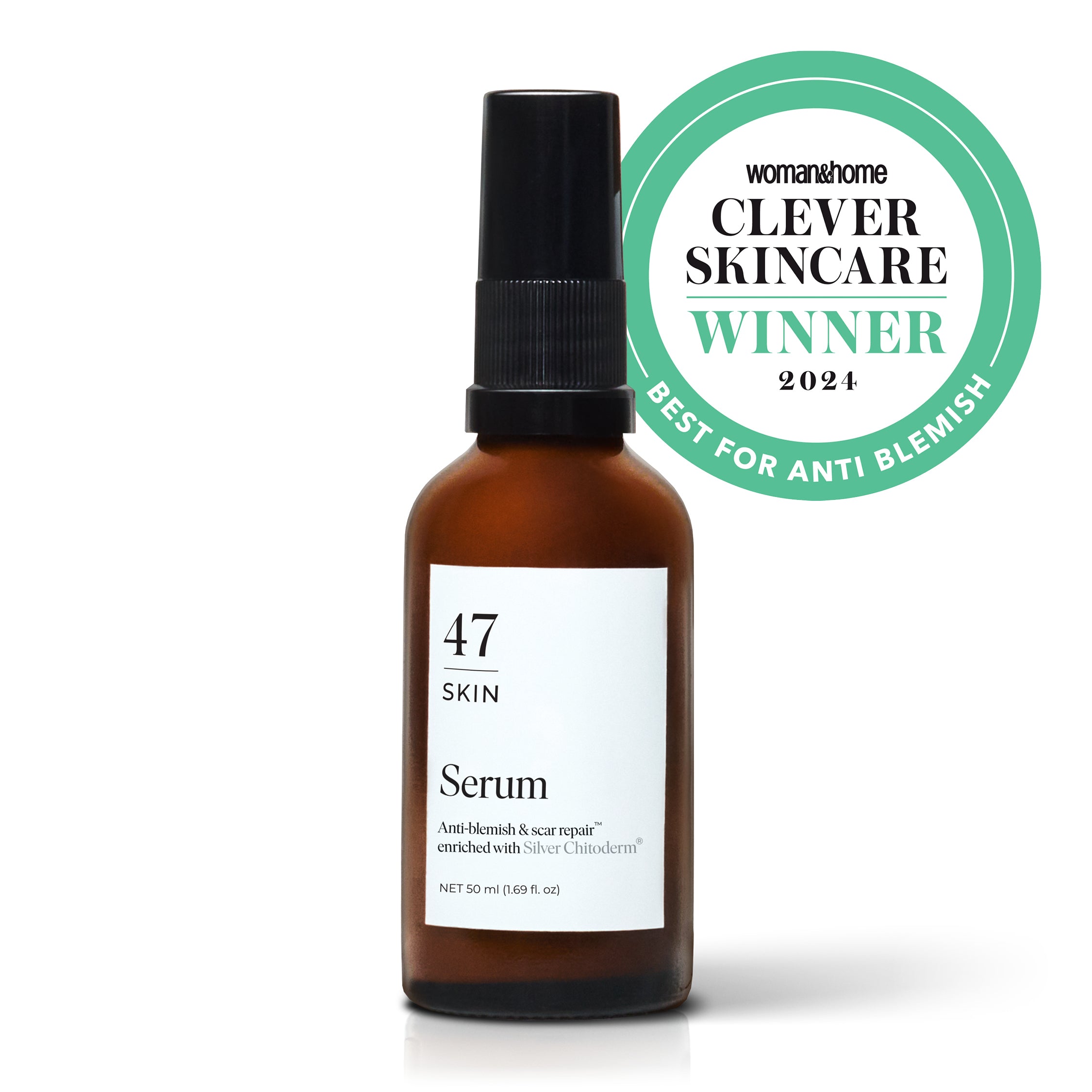
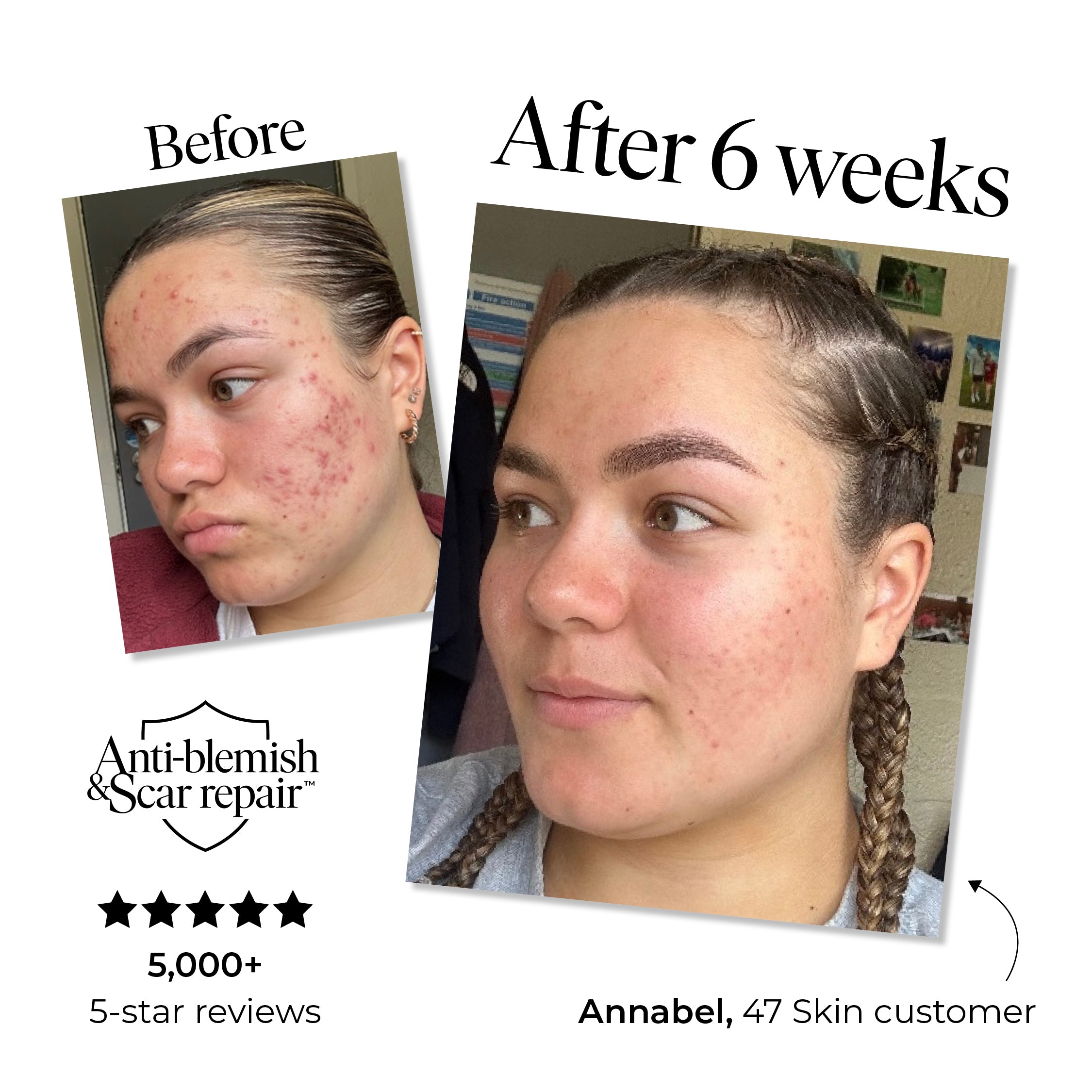
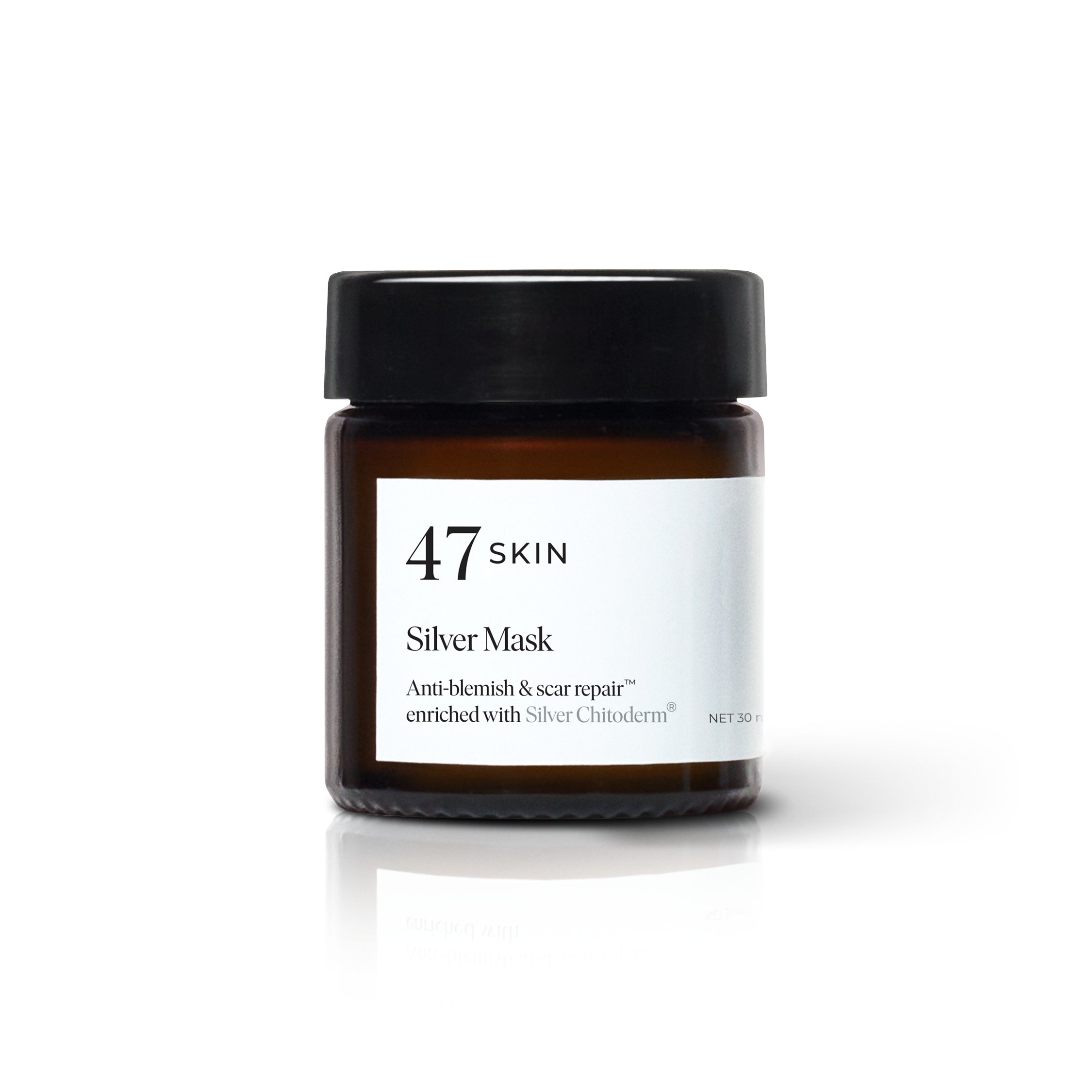
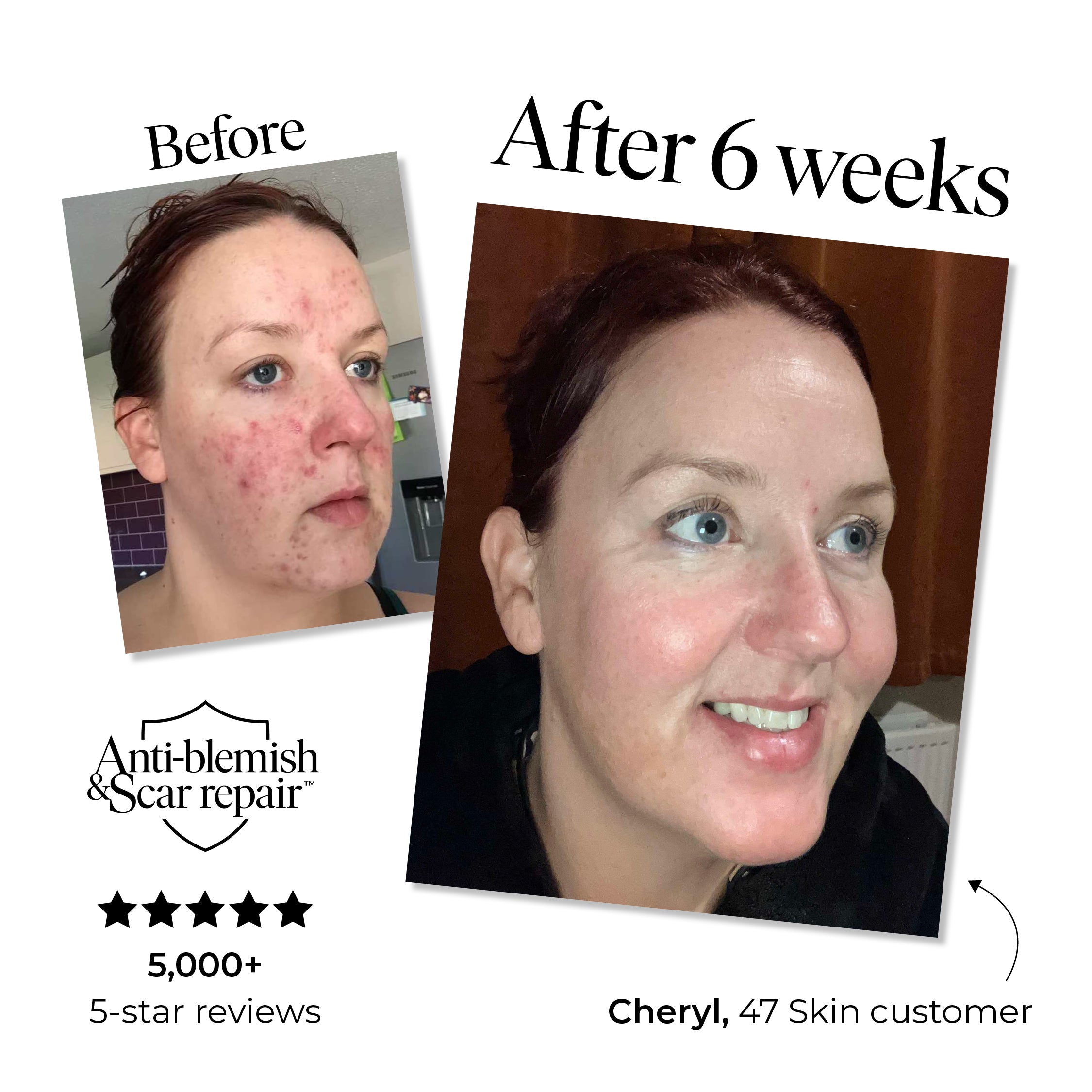
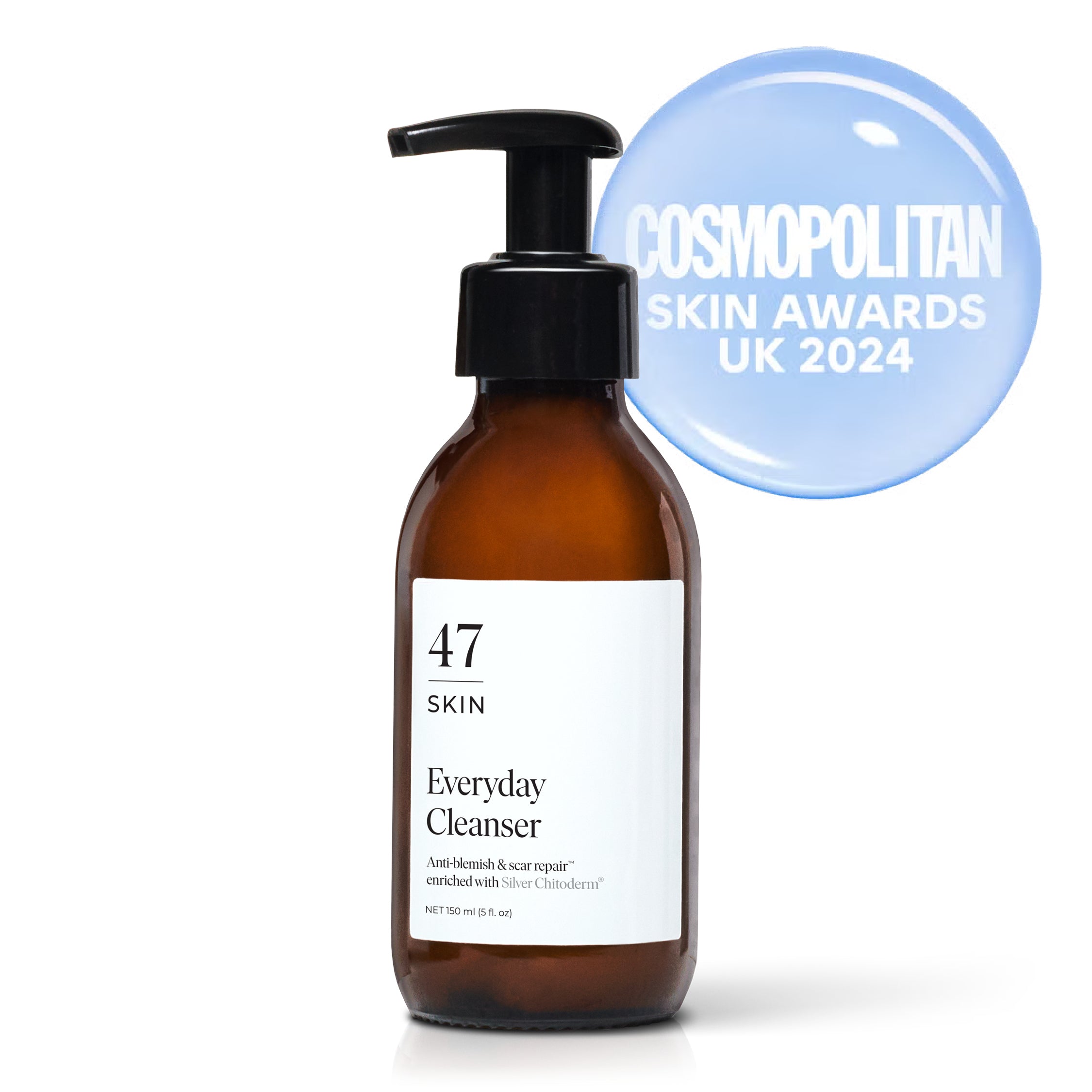
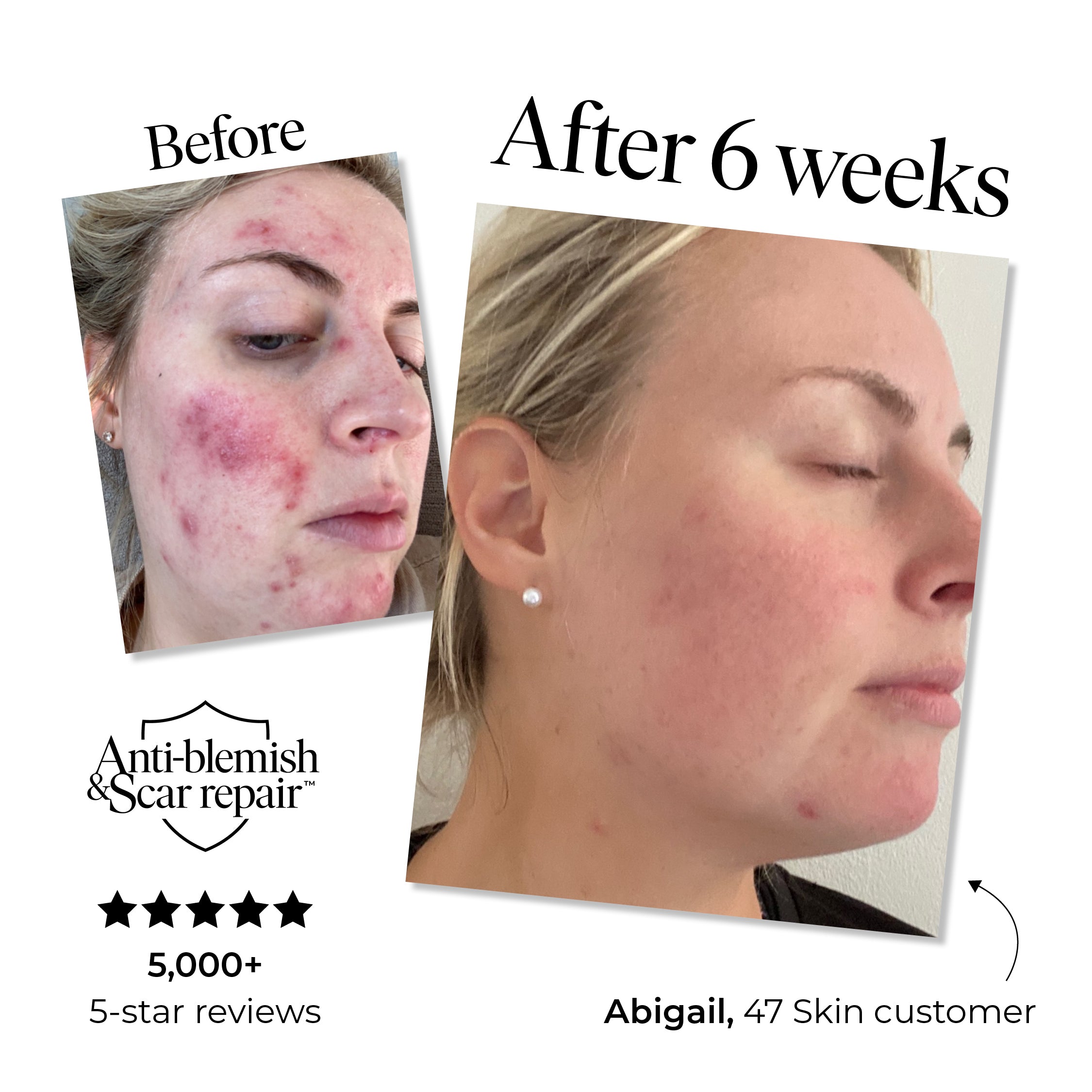
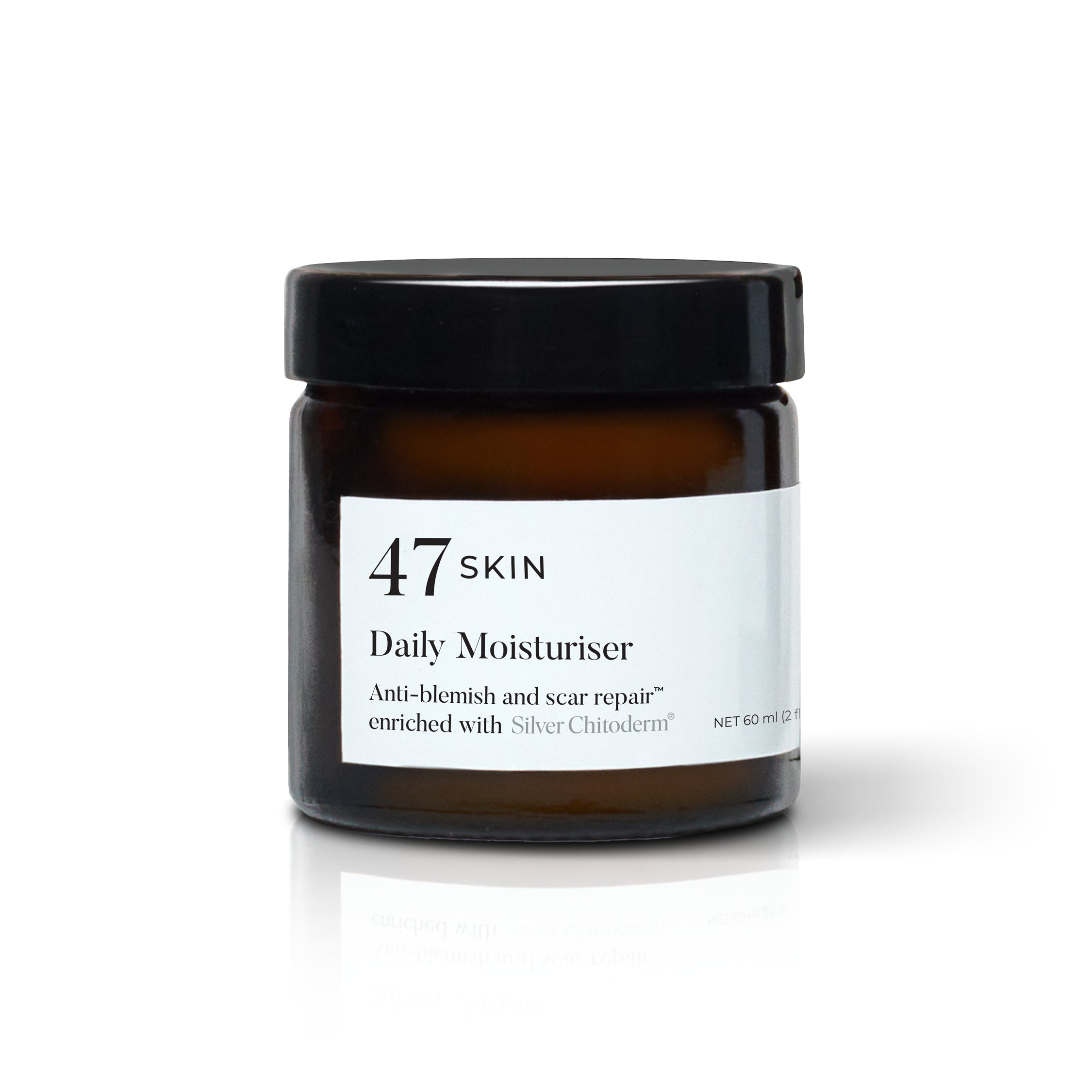
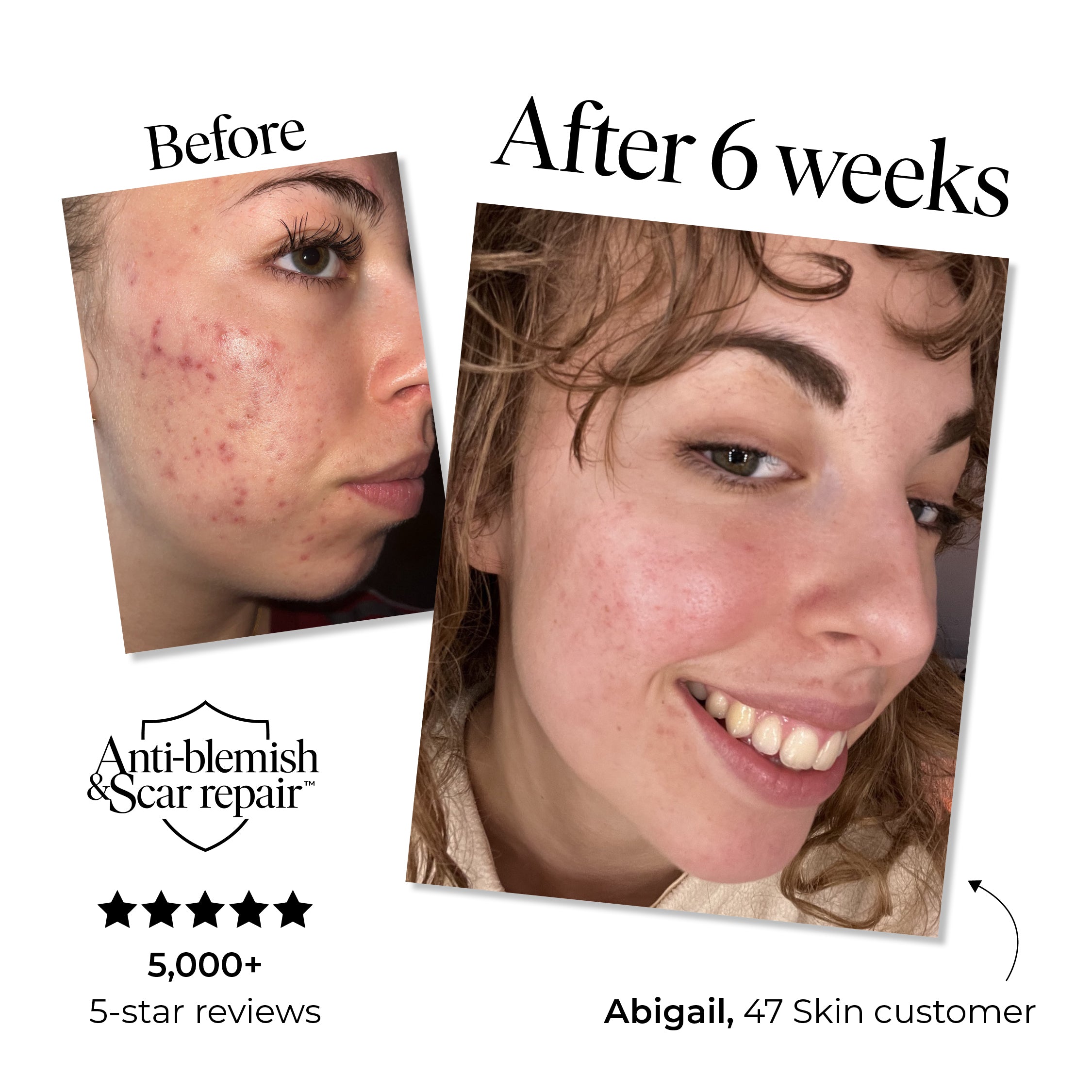
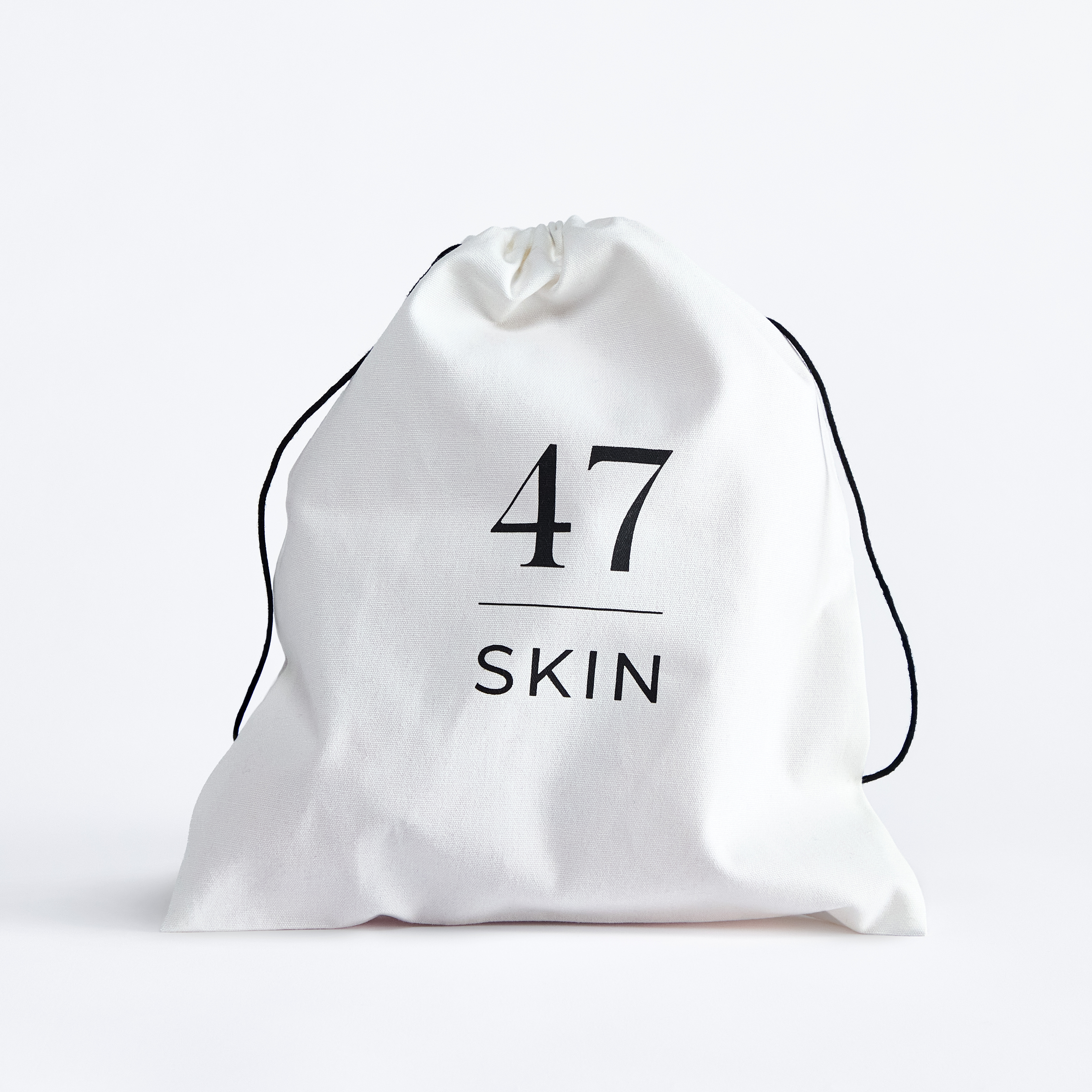
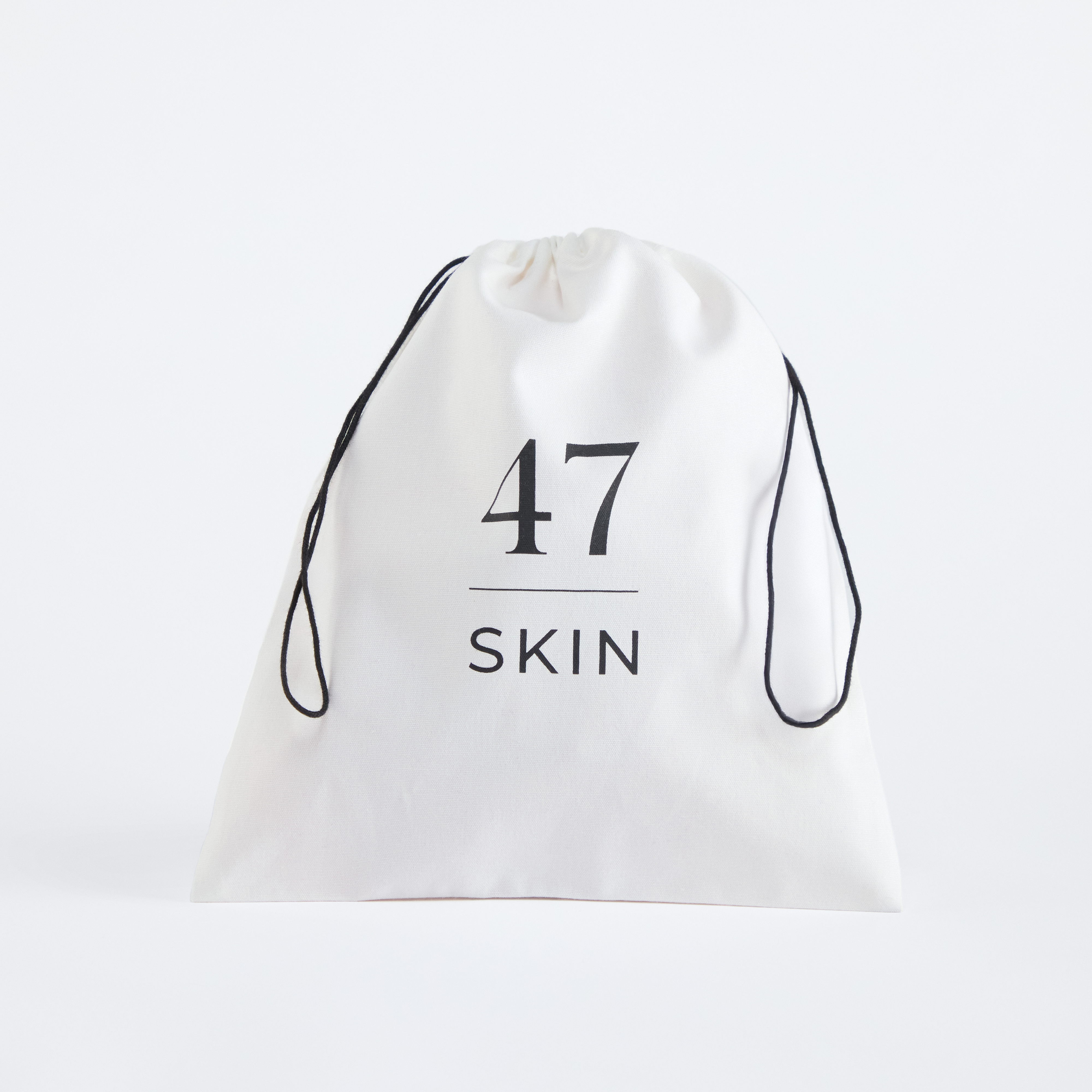
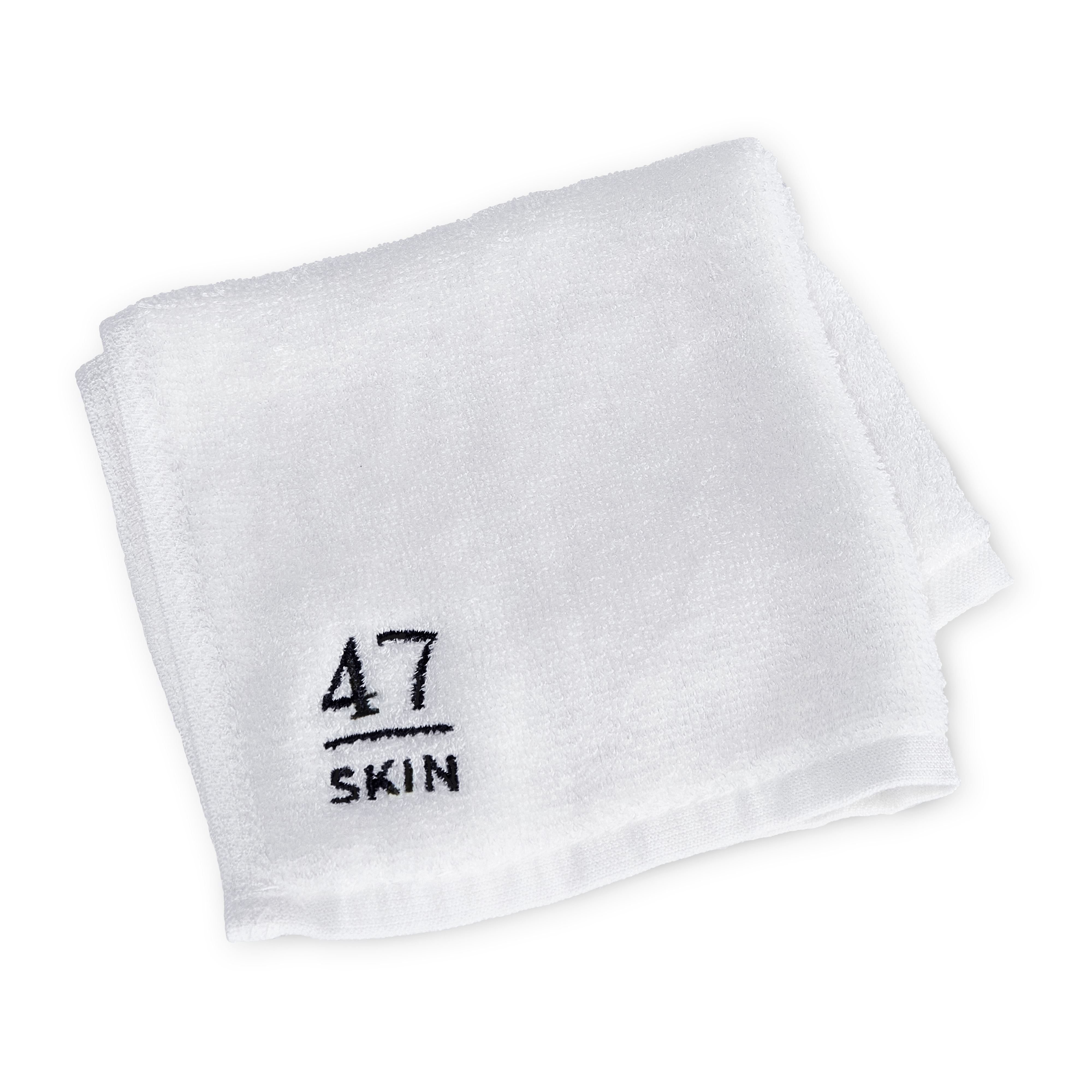


/f5f82c886ae84414953815106766383a/ellen.jpeg)





